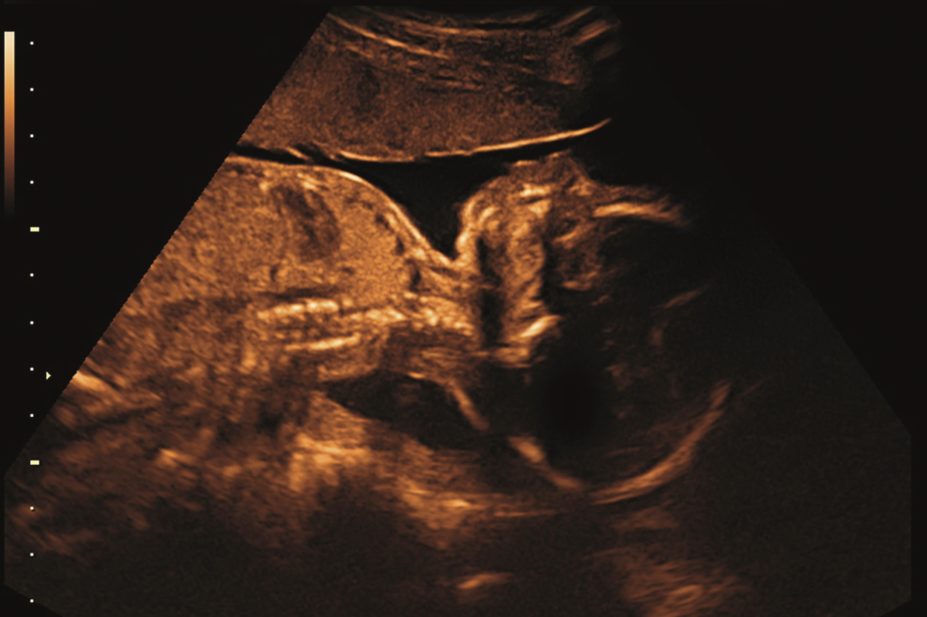
Shutterstock.com
Exposure to the epilepsy drug valproate in the womb has been associated with neural development problems. Newer antiepileptic drugs are increasingly being used instead, but the effect of these drugs on child cognitive function has not been studied.
Researchers from the University of Manchester compared children exposed to either levetiracetam (n=42), topiramate (n=27) or valproate (n=47) with children born to mothers with untreated epilepsy (n=55).
When children were tested between the ages of five and nine years, the cognitive abilities of those exposed to levetiracetam and topiramate were comparable to the control group. By contrast, valproate exposure was associated with lower IQ and cognitive abilities, such as speech, in a dose-dependent manner.
Reporting in Neurology (online, 31 August 2016)[1]
, the researchers say the findings for newer antiepileptic drugs are reassuring but will need to be replicated in larger studies.
- The headline and standfirst of this article were amended on 5 October 2016 to better reflect the findings of the study.
References
[1] Bromley RL, Calderbank R, Cheyne CP et al. Cognition in school-age children exposed to levetiracetam, topiramate, or sodium valproate. Neurology 2016;87:1–11. doi: 10.1212/WNL.0000000000003157
You may also be interested in

Patient safety commissioner to approach PM over ‘disappointing’ delay to valproate compensation

GPhC writes to pharmacy teams after methotrexate dispensed with instruction to take once daily
